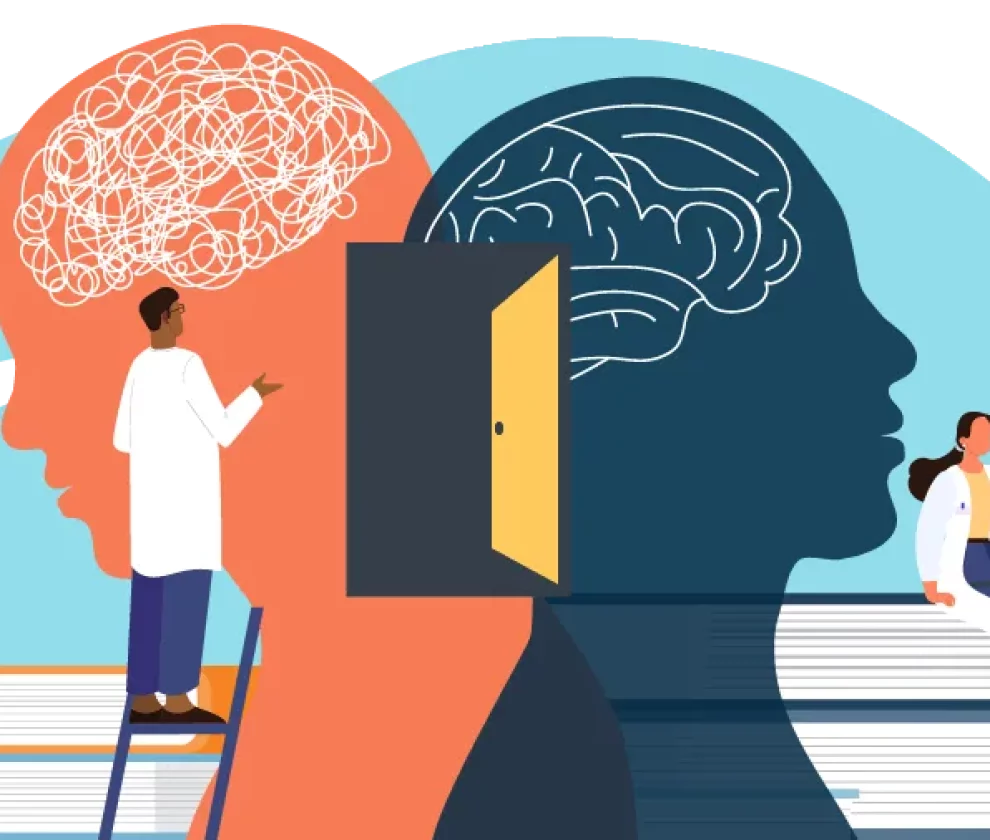Depression is a complex and often debilitating mental health condition that affects millions of people worldwide. One of the lesser-known but common symptoms of depression is the overwhelming sense of tiredness and fatigue that can make even the simplest tasks seem insurmountable. In this article, we will explore the connection between depression and fatigue, shedding light on the question “why does depression make you tired” and how to find treatment. Novu Wellness, our mental health facilities in Georgia are committed to supporting those struggling with depression and its related challenges.
Depression vs. Tiredness
While we all experience fatigue from time to time, the fatigue associated with depression is different. It’s essential to differentiate between regular tiredness and the kind of exhaustion that often accompanies depression.
Depression-related fatigue is characterized by:
Chronic and Persistent: Unlike everyday tiredness that can be alleviated by rest, fatigue in depression tends to be constant and can persist for weeks or even months.
Unexplained and Disproportionate: Depression-related fatigue often occurs even when there’s no clear physical reason for it. It may feel disproportionate to the level of physical activity.
Draining Mental Energy: Depression not only affects physical energy but also drains mental energy, making it challenging to concentrate or engage in cognitive tasks.
How Depression Affects Sleep
Depression and sleep are intricately linked. In many cases, disrupted sleep patterns play a significant role in the tiredness associated with depression.
Depression-related sleep disturbances include:
Insomnia: Insomnia, characterized by difficulty falling asleep or staying asleep, is a common issue among those with depression.
Hypersomnia: On the other end of the spectrum, some individuals with depression experience excessive sleepiness, often resulting in long hours of sleep without feeling refreshed.
Fragmented Sleep: Many people with depression have fragmented sleep, waking up multiple times during the night and having trouble falling back asleep.
Depression and Sleep Quality
Depression can also have a profound impact on the quality of your sleep, contributing to the sense of tiredness. Research highlights that depression can lead to disturbances in the sleep cycle, which in turn affect the restorative aspects of sleep.
How Depression Impairs Sleep Quality:
Altered Sleep Architecture: Depression can disrupt the typical sleep cycle, preventing individuals from entering the deeper, more restorative stages of sleep.
Increased Dream Activity: People with depression often report having more intense and emotionally charged dreams, which can lead to sleep disruptions and morning fatigue.
Early Morning Awakening: It’s common for individuals with depression to wake up very early in the morning, sometimes unable to return to sleep. This can lead to a sense of exhaustion throughout the day.
Depression Siphons Your Energy:
Depression affects not only your sleep but also the way your body and mind process energy. It’s important to note that our brain, not just our body, demands energy. Remarkably, the brain accounts for 20% of our total energy consumption. When living with depression, our body works tirelessly to achieve mood stability, striving to break free from the grip of persistent negative thought patterns. This places a considerable burden on our brain, which, in turn, has tangible effects on our physical well-being.
The Energy Drain of Depression:
Psychological Weight: Depression is often described as carrying a heavy psychological weight. This emotional burden can be mentally and physically exhausting.
Loss of Interest: Depression often saps your enthusiasm and interest in activities that once brought joy and energy. This loss of motivation contributes to feelings of tiredness.
Increased Stress Hormones: Depression can lead to an overproduction of stress hormones, such as cortisol, which can disrupt your sleep patterns and contribute to fatigue.
Treatment for Depression in the Atlanta Area
If you’re struggling with depression and the exhaustion it brings, it’s crucial to seek professional help. Novu Wellness offers depression treatment in Atlanta dedicated to providing comprehensive mental health treatment.
Treatment Options for Depression at Novu Wellness:
Psychotherapy: Evidence-based therapies, such as cognitive-behavioral therapy (CBT) and dialectical-behavior therapy (DBT), are offered to help individuals address and manage their depression.
Psychiatry: In some cases, medication may be prescribed to help stabilize mood and alleviate symptoms of depression.
Holistic Approaches: Novu Wellness employs holistic approaches, including yoga, mindfulness, and meditation, to promote emotional well-being and reduce the impact of depression-related fatigue.
Support Groups: Participating in support groups can help individuals connect with others facing similar challenges and provide a sense of community and understanding.
Depression-related tiredness can be both mentally and physically draining, but with the right treatment and support, you can regain your energy and embark on the path to recovery. Reach out to Novu Wellness today to verify your insurance and take the first step toward a life free from the burdens of depression.



